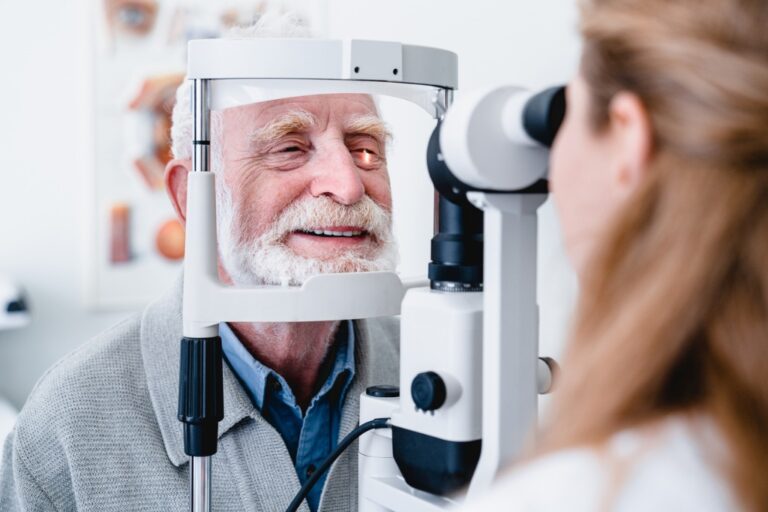
Substance Use Disorder (SUD) is a complex issue that impacts individuals, families, and communities. It involves patterns of alcohol, tobacco, or illicit drug use that significantly interfere with daily life. Recovery is a multifaceted process but adopting a holistic approach offers a pathway to healthier living. Understanding SUD and exploring treatment options can empower individuals and their support networks to take proactive steps.
Recognizing Substance Use Disorder
There are key signs of substance use disorder that commonly indicate the presence of this disorder. Impaired control is one such sign. People may feel an inability to abstain from using a substance, even when they want to quit. This can affect judgment and decision making areas of the brain. It can also cause learning and memmory problems and even lead to an increased frequency and quantity of use of the substance.
Risky use of a substance is another sign of trouble. Individuals may continue substance use despite knowing it poses harm, such as driving while under the influence or endangering their health. With higher frequency and quantity of use of a substance, individuals may develop a higher tolerance to it. As regular users require larger doses to feel the same effects, dependency grows more severe over time.
All of these issues can have an impact socially. Social problems can manifest as damaged relationships, poor workplace performance, or withdrawal from loved ones. Recognizing these warning signs early can help prevent further complications and pave the way for recovery. Individuals, caregivers, and family members should educate themselves on these behaviors to offer timely support.
Treating SUD
Recovery is not a single-step process. It’s a tailored approach designed for each person’s unique needs. Holistic methods take into account physical, emotional, and social well-being, promoting lasting recovery through multiple treatments.
Motivational and cognitive approaches are used to help individuals reframe their thought patterns, set meaningful goals, and build strategies for overcoming challenges. These techniques often focus on strengths and encourage long-term personal growth and resilience.
Structured environments, such as residential programs, can also provide focused spaces for individuals seeking to make significant life changes. These settings often include various forms of support and guidance, offering individuals the time and tools to prioritize their personal transformation without external distractions.
Community-based living options, such as supportive housing or group environments, can play a role in fostering accountability and life skills. These spaces encourage cooperation and mutual support, helping individuals maintain positive habits and work toward their goals in a shared community setting. Recovery and growth are personal journeys, with options ranging from individual support to community involvement, each contributing to a sustainable and positive future.
Starting Your Recovery Journey
Recovery is personal, but no one has to face it alone. Understanding the signs of SUD and exploring holistic treatments can make the path to sobriety clearer. Whether you’re seeking help for yourself or supporting a loved one, taking proactive steps today can lead to a healthier tomorrow. Start your recovery today by exploring available resources or connecting with a professional for guidance.


